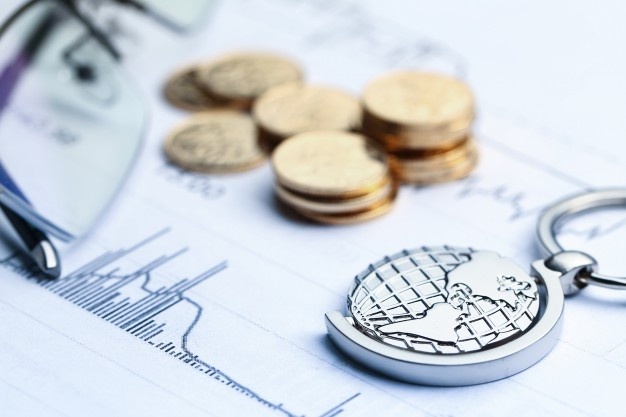Vietnam: Currency approval boosts SBV policy
Reports from the US Treasury Department reaffirming that Vietnam is not manipulating its currency for trade advantage is expected to benefit the stock and banking system.
The US Department of the Treasury earlier this month submitted to Congress its semi-annual report on macroeconomic and foreign exchange policies of major trading partners of the US during the year through to June 2021.
Specifically, it reported that Vietnam and Taiwan had exceeded thresholds for possible currency manipulation in trade surpluses, current accounts, and foreign exchange interventions. Despite that, the US Treasury found that neither Vietnam nor Taiwan sought to manipulate their currencies and was satisfied with the progress made by Vietnam.
The Treasury and the State Bank of Vietnam (SBV) had struck an agreement in July to address US concerns regarding Vietnam’s currency practices as a consequence of discussions under the expanded engagement process. In April, the US officially removed Vietnam from its list of currency manipulators, reversing a decision taken by the Trump administration in December 2020.
The conclusion was taken because there was insufficient evidence to determine that the government manipulated its currency rates throughout the assessed period.
Meanwhile, the SBV has stopped excessively intervening in the foreign currency market, indicated by a sharp fall in foreign currency purchases to $13 billion in 2021 as compared to $16 billion in 2020 and $23 billion in 2019, and respected the supply-demand nature of the foreign exchange market more when it lowered the asking price of USD three times, cited the International Monetary Fund.
As of November 30, Vietnam’s real effective exchange rate (REER) appreciated 4.44 per cent in the year-to-date, similar to the stronger VND against the currency basket of trading partners, KB Securities reported.
Vietnam’s REER was fuelled by an abundant supply of foreign currency, allowing the VND to rise in value against the strong USD, which has appreciated significantly since the beginning of the year, along with the US economic recovery and soaring inflation. This prompted the Federal Reserve to signal an acceleration of monetary policy normalisation.
“The fact that the US did not label Vietnam a currency manipulator reflects positive results gained from diplomatic activities of the SBV with the US Treasury,” KB Securities noted. “Accordingly, the SBV will continue to flexibly manage monetary policy and exchange rate policy in a reasonable manner so as to curb inflation, stabilise the macroeconomy, and support economic growth, not to create an unfair competitive advantage in international trade.”
With USD purchases not considered currency manipulation, the SBV will buy a substantial quantity of foreign currency, objective conditions permitting, to amass foreign exchange reserves and sustain the banking system’s excess of liquidity.
The slowdown in export growth and realised foreign direct investment (FDI) inflows, according to Mirae Asset Securities, are exerting pressure on the overall balance of payments, thereby creating strain on the exchange rate in recent months.
Mirae Asset maintains its view that the VND will likely appreciate relative to the US dollar from 1.5−2 per cent for this year, amid the pressure of the current account likely turning negative and a net withdrawal of such FDI inflows.
In 2022, the VND is expected to be more stable and move in a range of around 0.5 per cent against the US dollar due to reasons including the SBV’s flexible mechanism for regulating foreign currency supply and demand.
As exports accelerate, there will be an expected return to surplus for the trade balance in 2022, coupled with an increasing trend of FDI inflow into Vietnam.
“Vietnam’s foreign exchange reserves are reaching a high level and are tending towards increasing. Specifically, we believe the US Treasury’s removal of Vietnam from its list of currency manipulators and end to the tariff threat currency dispute truce will ease pressure on the exchange rate,” the securities firm noted.
Inflation, nevertheless, is predicted to reach 2−2.2 per cent next year, driven by stronger spending demand at the end of this year and the easing of social distancing measures that may result in a rise in December’s consumer price index (CPI). On the other hand, a domestic legal framework in a bid to ensure the supply-demand balance and market stability is expected to help offset the inflation risk caused by the recovery of basic commodity prices.
Meanwhile, the expected slow recovery of the culture, entertainment, and tourism segments due to the impact of the pandemic could act as a drag on CPI.
In 2022, inflation for Vietnam is expected to remain controlled at below 4 per cent. However, there are some key risks to watch out for, KB Securities explained, including the impact of loose monetary policy across global central banks and increasing prices of basic commodities in a global context.
Source: VIR


 English
English




